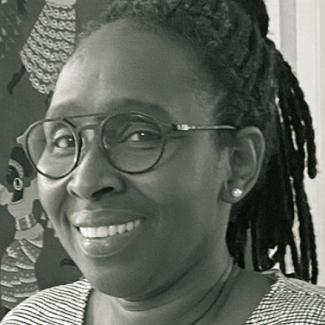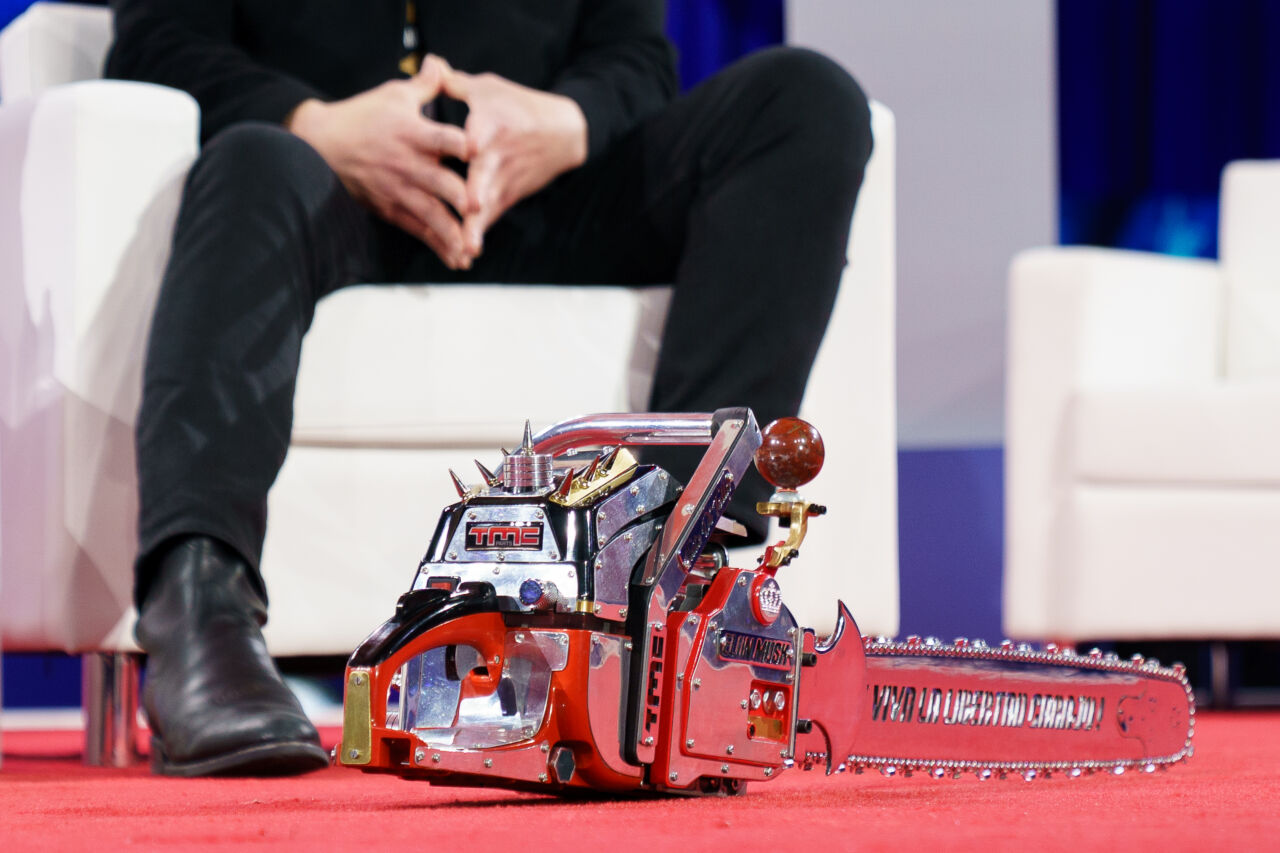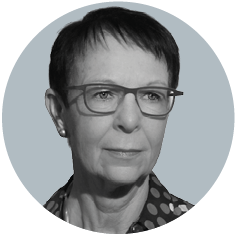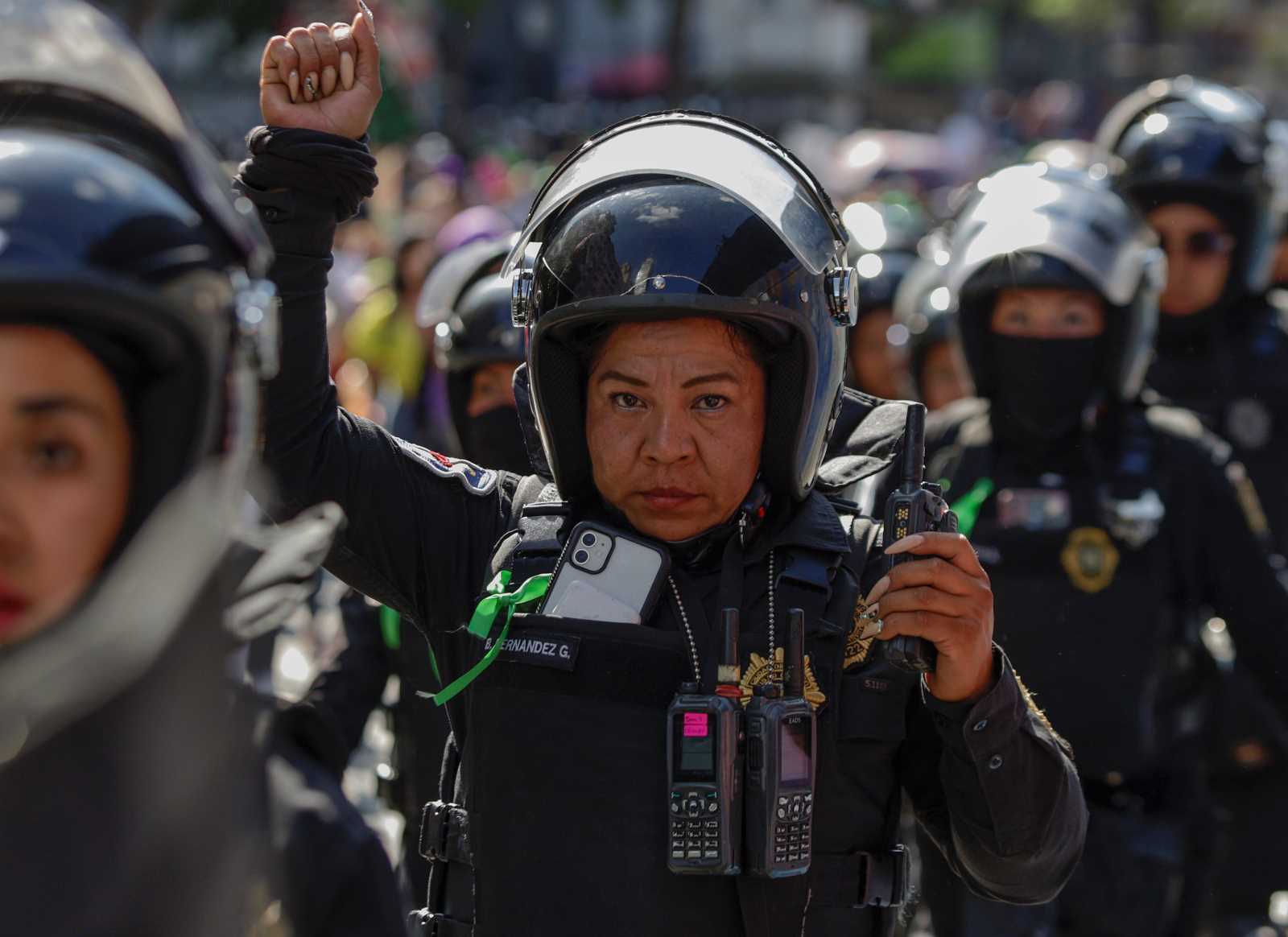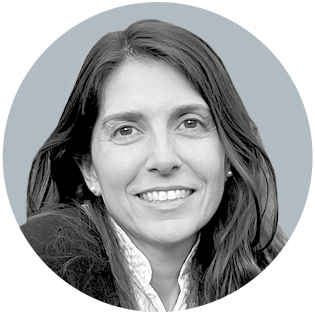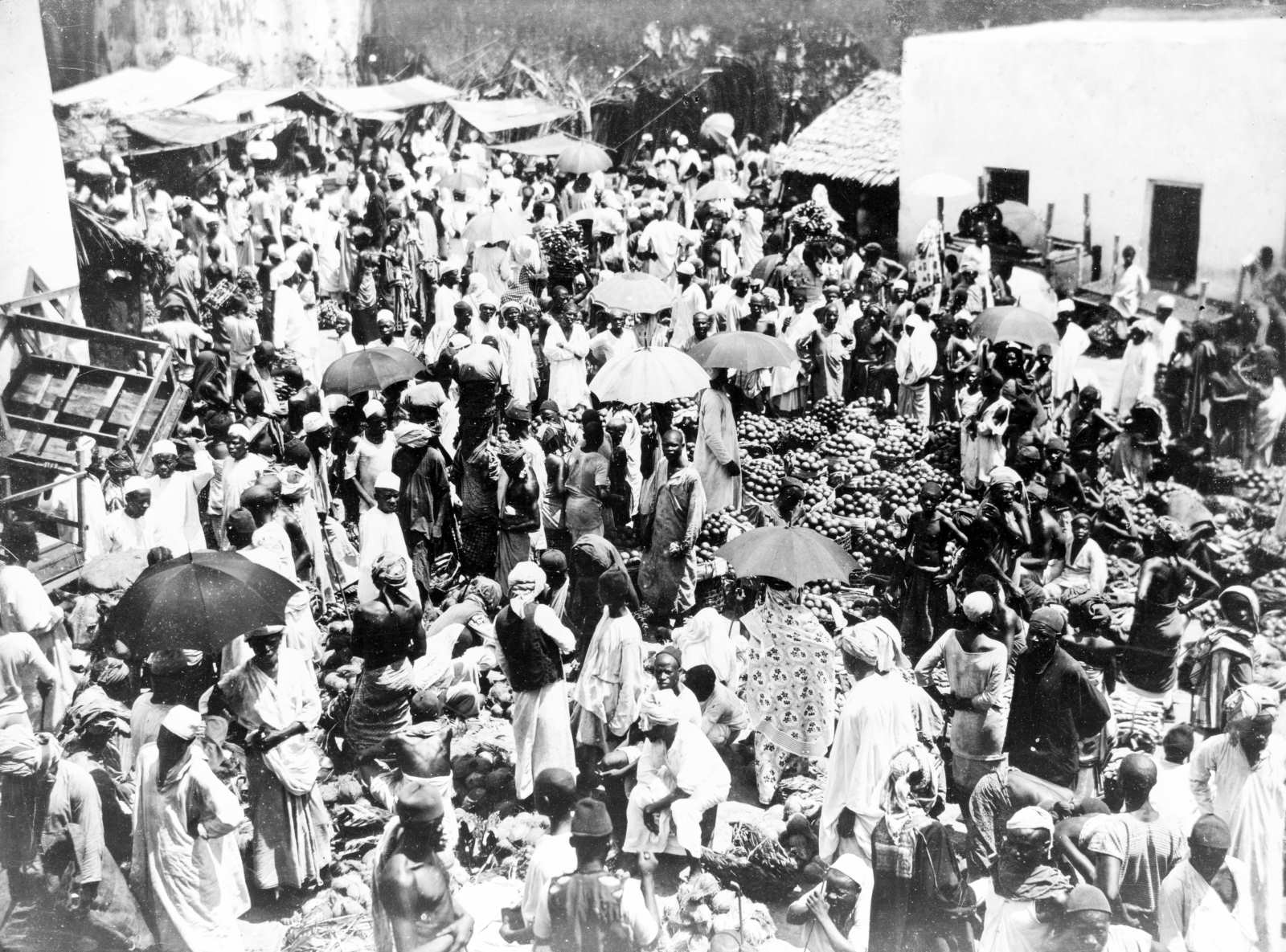Women’s rights
Men must play their part in women’s empowerment
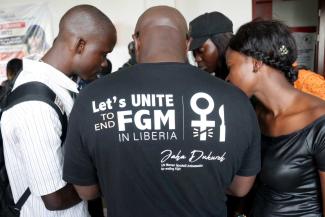
What does the term “feminist development” policy mean to you?
It is well coined, but the message must be defined sensibly. I have been involved in developmental programmes for many years, and to me, the new strategy Germany’s Federal Ministry for Economic Cooperation and Development (BMZ) on feminist development does not seem all that innovative. The BMZ declares that it wants to mainstream women’s empowerment in all programmes with an eye to changing male-dominated power structures. But that’s what we have been doing for years – very much including the BMZ. Emphasising these issues even more won’t hurt, of course. To improve women’s lives, however, one must not only address women. It is crucial to involve men as well as entire extended families.
For what reasons?
In European society, the idea is common that a woman decides for herself and determines what happens with her body. Things are different in African and Arab societies. The husband, the mother-in-law and even aunts have a say in when a woman has children – and in how many children she has. The cultural conventions differ substantially from those in Europe. My goal is to end female genital mutilation (FGM), and if I want to succeed, I must convince all parties concerned that they would benefit from achieving that goal.
How do you convince men and extended communities of female FGM affecting them negatively?
Well, it certainly doesn’t help to start by emphasising human rights, because disadvantaged women who hardly went to school have no understanding of the concept itself. FGM has deep cultural roots among many ethnic groups. It defines collective identities. The origins of the tradition are spiritual, not tied to religion or culture. According to scholars, the ritual dates back to ancient Egypt, where only circumcised persons were given access to the temple. That applied to men and women. Many African ethnic groups descend from the Egyptians and later migrated across the continent. Circumcision has survived millennia and is practiced by both Muslims and Christians. So, what I do is to tell the women that no one needs that link to the ancestors anymore. This approach worked out in my family. At one point, my brothers said they did not want FGM anymore, and no girl has been circumcised in my family since 1995.
What made you understand that feminist activists must reach out to men?
I always saw things that way because it is how I understand gender relations. The emphasis is on community and cooperation. In my eyes, African and European mentalities differ in this regard. In Europe, women and men are considered opposites and even seem to wage war on one another sometimes. In Africa, people stress harmony. Everyone has their role in society, and far fewer things are put in question. Policy interventions must consider this fact. Otherwise, failure becomes likely.
Please give an example?
Well, consider a Ghanaian case I know. Women were given plots of land to grow maize or tomatoes. What was neglected in the project design was that it is men who manage the transport of agricultural produce to the markets. Accordingly, the women struggled to sell their goods and actually suffered considerable losses.
How do you involve men in what you do?
My NGO, Forward for Women, has launched a project called “Saraba”. The target group is the African diaspora in Frankfurt, including refugees who are staying at the shelter where I am employed as a social worker. Saraba serves the prevention of violence. Migrants and refugees tend to come from male-dominated societies. Many have suffered domestic abuse or have become victims of brutal state action. To empower and encourage the persons concerned, Forward for Women runs training courses. We also host public discussions. We invite the diaspora communities, and we go to refugee shelters. The point is not only to address women, but to reach out to men as well. We do not see them as potential perpetrators, but as allies who are part of the solution.
But aren’t the perpetrators normally men?
Yes, of course, but I am convinced that we will only move on to non-violent attitudes if all genders are involved. Men need to understand that they benefit themselves when non-violent attitudes are dominant. Hurting women and children has negative impacts on society in general. We want people to reconsider things and learn to deal with disagreements in different forms. By the way, I think this kind of preventive action is an important precondition for opening up more to German society and becoming better included. In refugee shelters, we are now running special courses for men. They often feel excluded because, for example, there really are hardly any language-learning programmes specifically for them. Nor are collective events organised like meetings for coffee with others, including Germans.
So there is a need for specific programmes for men?
Yes, I think so. It is a general problem that we see a lot of funding for women’s projects, while hardly anyone wants to spend money on men. This is strikingly evident when it comes to refugees. Therefore, we launched a men’s group at the shelter where I work in 2018. The group meets once a month to discuss issues like gender roles, women’s rights or children’s education. A football team has emerged from this group. It is quite active. It is most promising that the team meets German teams for practice and games. There are far too few opportunities of this kind. After the games, we invite all of the men to meet for discussions regarding things like group identity, gender stereotypes, democratic principles and so on. Opportunities of this kind promote inclusion in Germany because they teach the newcomers the basics of the host country’s culture. On the other hand, it would be great if Germans had more opportunities to meet migrants and learn more about them as well.
Mariame Racine Sow is a social worker in a refugee shelter run by Arbeiter-Samariter-Bund in Nied, a Frankfurt neighbourhood. She also does volunteer work with her NGO Forward for Women.
mariame.sow@forwardforwomen.org
https://forwardforwomen.org/
